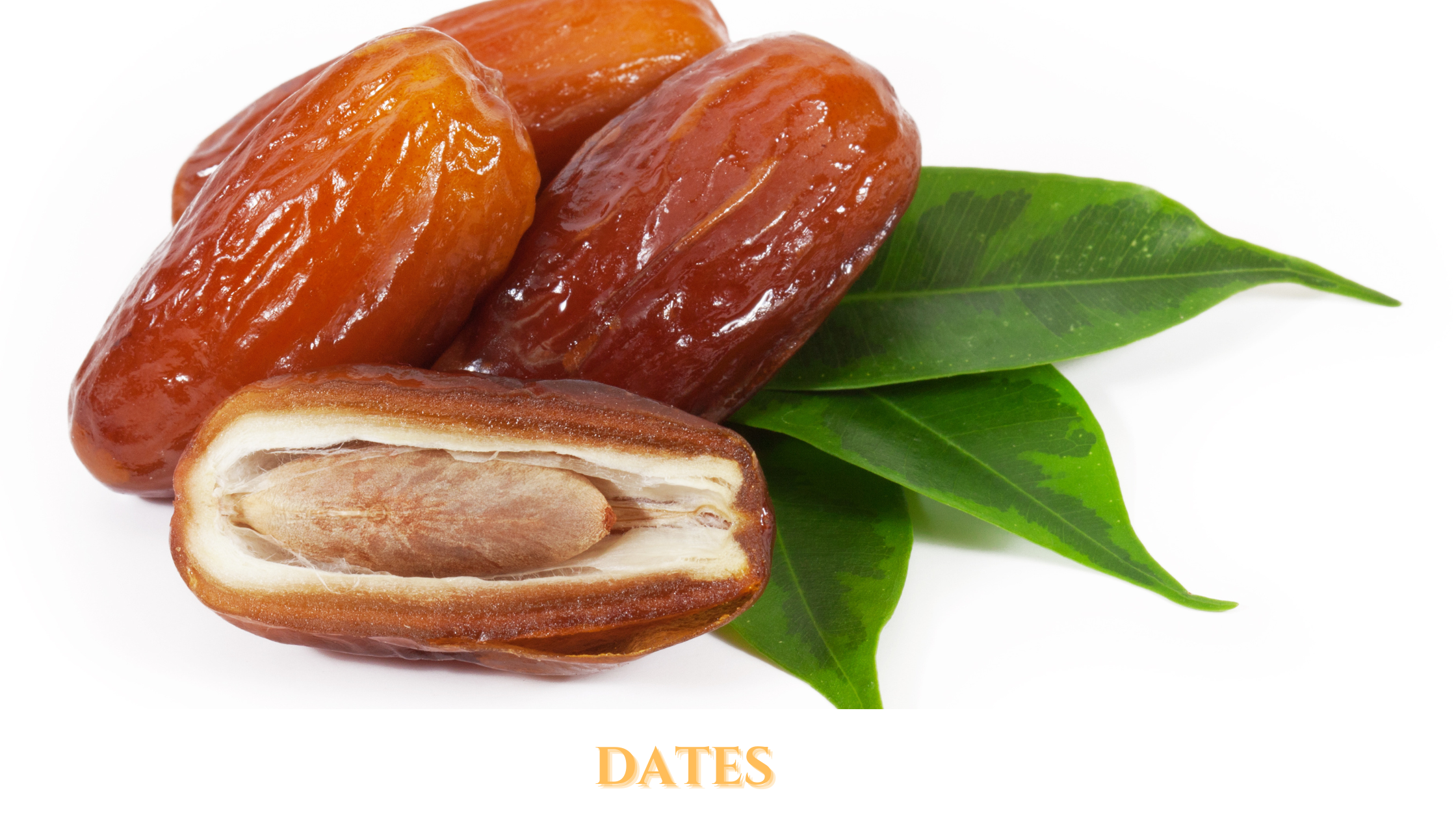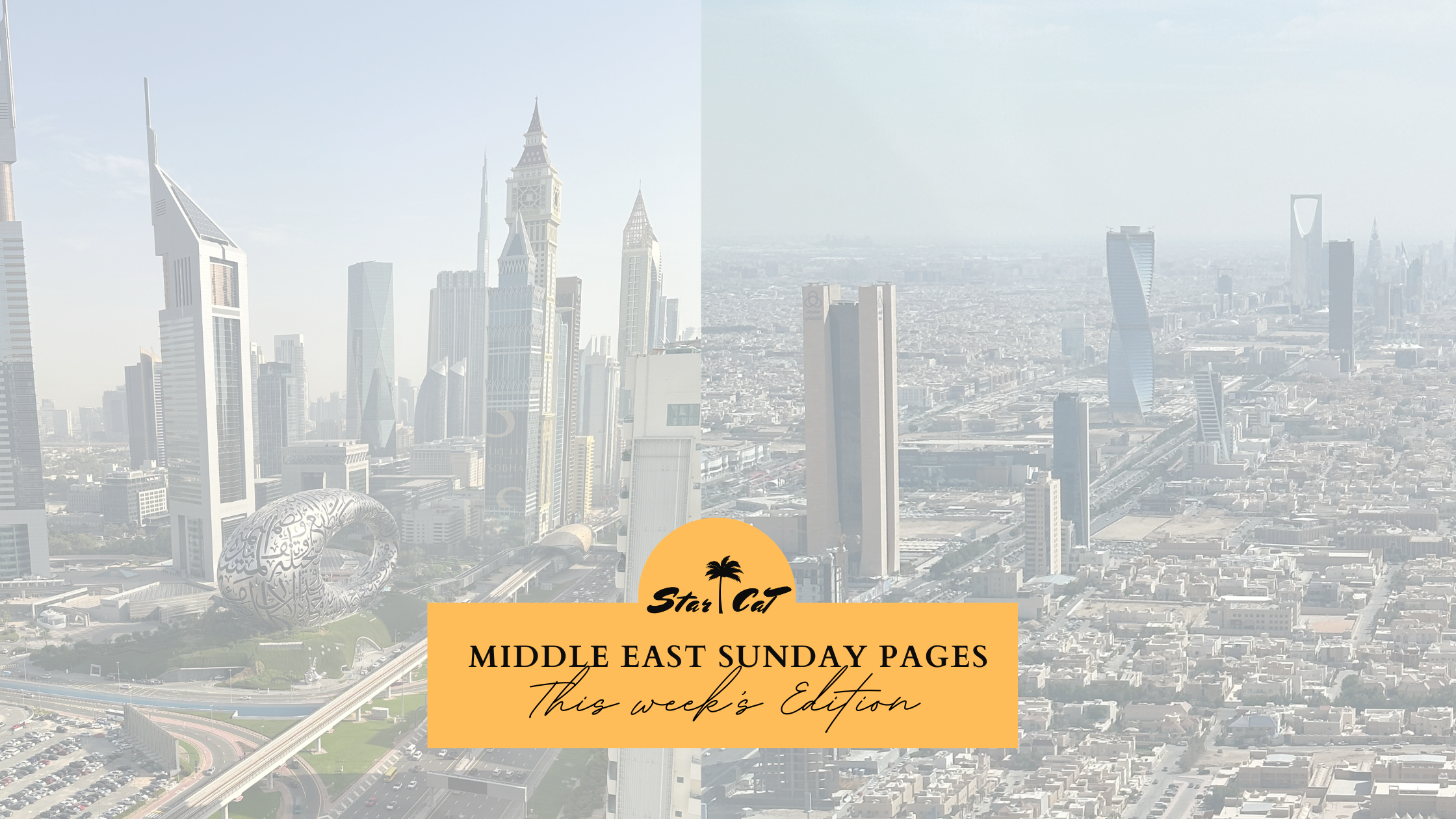
Dates – a Super Food in the Gulf
In the heart of the Arabian Gulf, a culinary and cultural treasure has been cherished for centuries: Dates. These sweet, succulent fruits have deep-rooted significance in Gulf countries, both as a staple food and as symbols of hospitality, generosity, and tradition. In this blog post, we will explore the world of dates in the Gulf, their historical importance, diverse varieties, and enduring role in the rich tapestry of Gulf culture.
A Timeless Tradition
The tradition of cultivating and consuming dates in the Gulf can be traced back over 7,000 years. This long-standing practice has shaped the region’s culture, cuisine, and economy. Dates were not only a dietary staple but also played a vital role in trade, diplomacy, and hospitality.
The Date Palm: A Gift from Nature
At the heart of the Gulf’s date culture stands the majestic date palm tree, often referred to as the “tree of life.” These trees are well adapted to the harsh desert climate and provide sustenance and shade to the people of the region. The date palm is not just a source of fruit; it’s a symbol of resilience and resourcefulness.
Diverse Varieties
The Gulf region is home to an impressive array of date varieties, each with its unique flavour, texture, and culinary applications. Some of the most renowned Gulf dates include:
- Medjool: Often referred to as the “king of dates,” the Medjool is known for its large size, rich sweetness, and chewy texture. It is highly sought after both locally and internationally.
- Khlas: This variety is prized for its caramel-like flavour and soft flesh. It is often enjoyed fresh or used to make date-based sweets and confections.
- Sukkari: Sukkari dates are celebrated for their light colour, sugary sweetness, and delicate texture. They are commonly served as a snack or dessert.
- Ajwa: Renowned for its health benefits, Ajwa dates are particularly significant in Islamic culture. They are believed to have medicinal properties and are often consumed for their potential healing qualities.
Cultural Significance
Dates hold a special place in Gulf culture, symbolising hospitality and generosity. Visitors to Gulf households are traditionally greeted with a platter of dates and a cup of Arabic coffee, a welcoming gesture that reflects the region’s warm and inclusive spirit. They come in lots of different versions such as filled with chocolate and/or nuts.
Religious Significance
Dates also carry profound religious significance, especially during the holy month of Ramadan. Muslims around the world break their fast with dates, following the tradition of the Prophet Muhammad. Dates provide a quick source of natural energy and essential nutrients after a day of fasting.
Economic Importance
Beyond their cultural and culinary value, dates are a crucial economic resource in the Gulf. Date cultivation and production contribute significantly to the region’s agricultural sector and export industry. Gulf countries are among the world’s top producers and exporters of dates, showcasing the global demand for these sweet treasures. You can buy them in special shops but also at the airport.
Many locals also own Date farms so you may come back from with a lovely pack of dates as a gift.
Innovating Date Farming
In recent years, Gulf nations have invested in innovative farming techniques to enhance date production and quality. Modern methods include controlled pollination, precision agriculture, and sustainable cultivation practices. These advancements ensure that the tradition of date farming remains viable and competitive in the global market.
Date Festivals and Celebrations
Gulf countries celebrate their date heritage with vibrant festivals and events. These gatherings provide a platform to showcase the region’s diverse date varieties, culinary traditions, and cultural performances. Visitors can indulge in date tasting, explore date-inspired art and crafts, and learn about the history and importance of dates in Gulf society.
It is important to know what local foods are and why they are important to the region such as dates. They are more than just a fruit in the Gulf; they are a symbol of tradition, hospitality, and cultural richness. These golden jewels of the desert have sustained generations and continue to play a vital role in the lives of Gulf citizens. Whether enjoyed fresh, as a sweet, or in a savoury dish, dates are a testament to the enduring bond between nature and culture in the Arabian Gulf.
For more of these topics, tips and MasterClasses see our Middle East Resources here.



